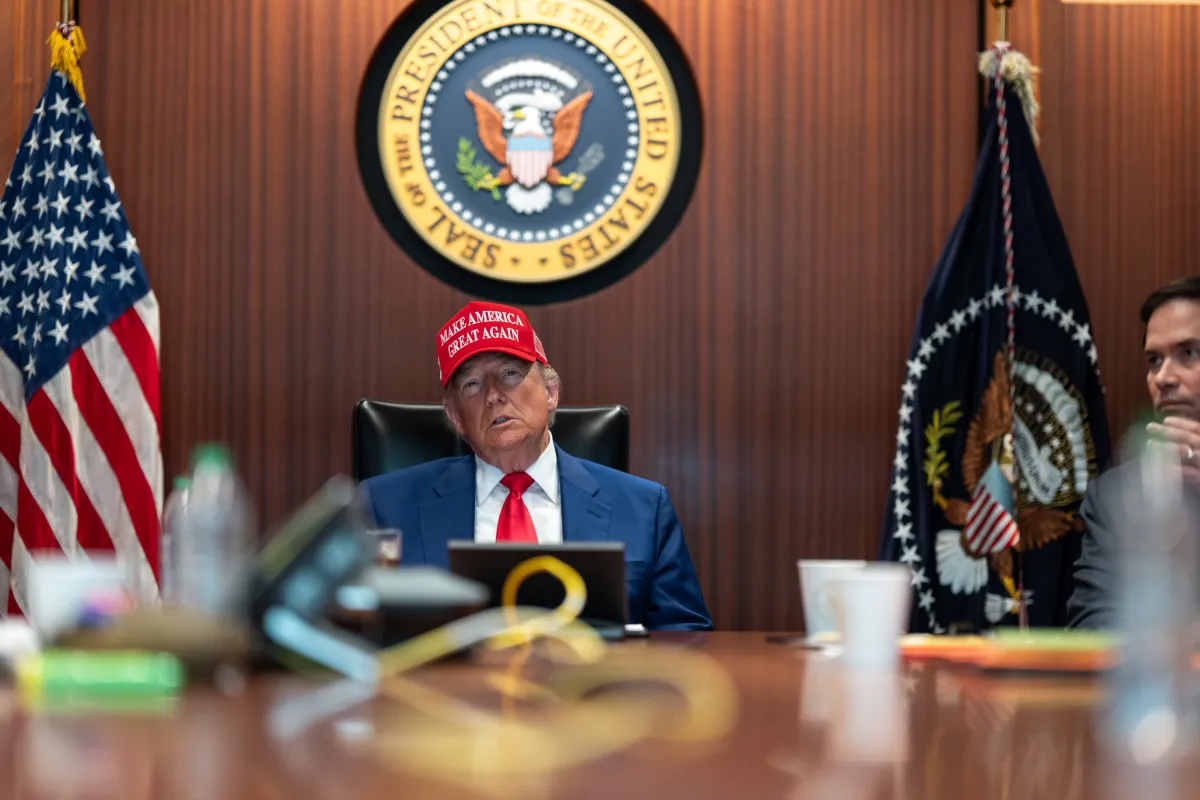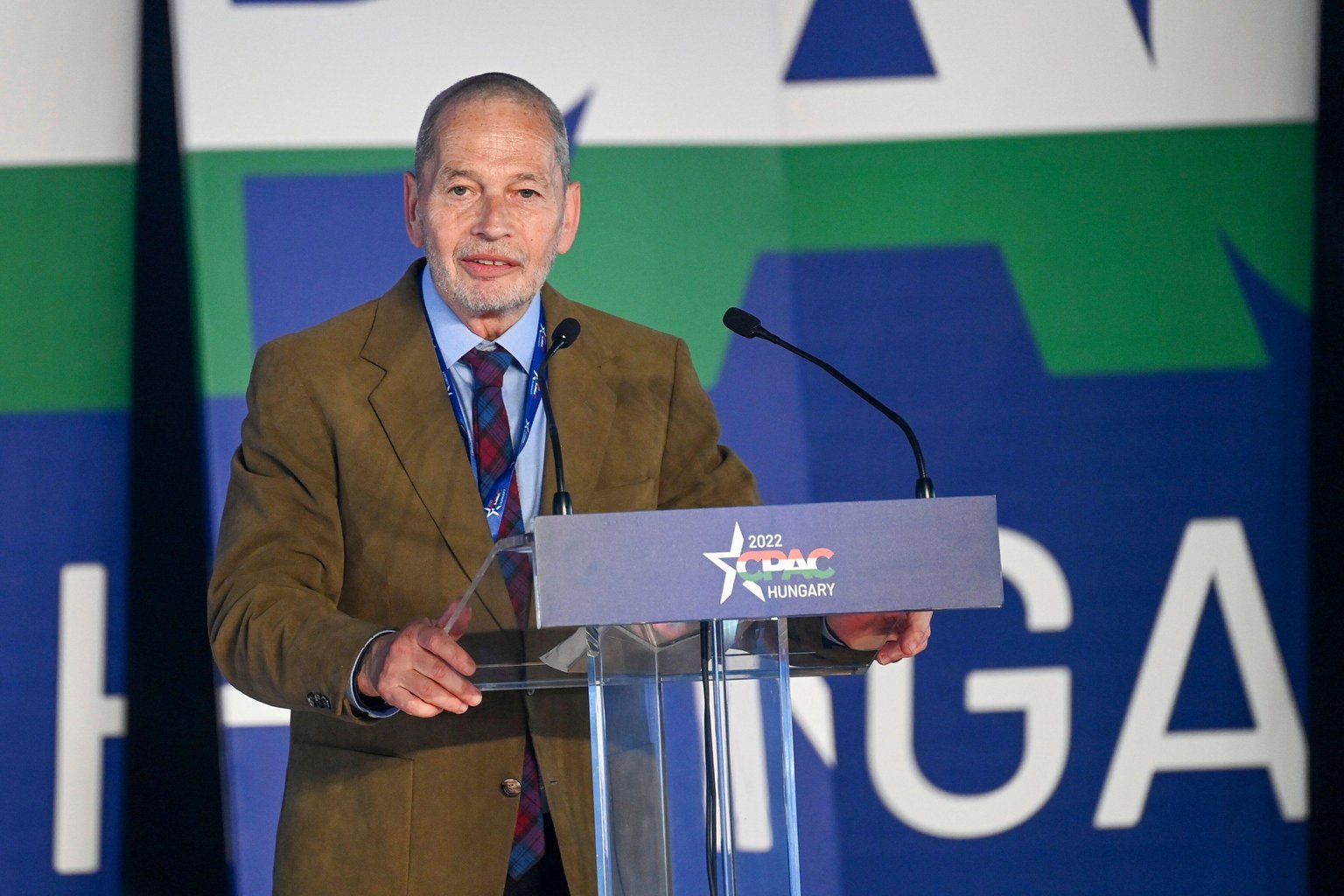No private individual should be financially ruined seeking access to material, which was purchased with taxpayers’ money on the basis that it would be open to the public. But that is the position in which I now find myself.
As a biographer, I rely on historical documents to recreate the past and some of the most useful sources are private diaries and letters, as they are generally written in the immediacy of the moment and reflect the most intimate feelings of the writers. So when in 2015 I embarked on a joint biography of the last Viceroy of
India and his wife, Dickie and Edwina Mountbatten, I looked forward to consulting their extensive diaries and correspondence, which had already been quoted in various books on them.
I was surprised when the archivists at the University of Southampton, where the Mountbatten’s papers are held, claimed to know nothing about them. This, in spite of Southampton leading a huge fundraising campaign to buy them in 2011 for £2.8 million – made up of a grant of £2 million from the National Heritage Memorial Fund, £100,000 from Hampshire County Council and £1.6m in lieu of taxes. The press releases, after completion of the sale, stressed they would “be freely available to all”.
After I pressed them, Southampton then claimed that under the Acceptance in Lieu (AIL) arrangements with HMRC, it was bound by a ‘Ministerial Direction’ of 5 August 2011 from complying with requests for access to any information contained in the diaries or letters. The genesis of this seemingly unique ‘Ministerial Direction’ remains mysterious, as neither the university nor the Cabinet Office will even identify the signatory. Indeed, under FOI requests, no government department has accepted any responsibility for it.
Over the next few years I was repeatedly forced to call on the intervention of the Information Commissioner’s Office to force the Cabinet Office and Southampton to respond properly to my FOI requests to discover what had happened to the diaries and letters. In April 2019 the Information Commissioner’s Office served contempt proceedings against the university in the High Court, a step unprecedented against a public authority. And, in December 2019, it issued a Decision Notice ruling that the diaries and letters should be released, a decision which the Cabinet Office and Southampton appealed, even though they knew from a review the previous year that the material was completely innocuous.
Just before the four-day hearing in November 2021, Southampton abandoned their reliance on the ‘Ministerial Direction’. On such grounds, the Cabinet Office had no role to play in the hearing, no right to ‘review’ anything or to dictate to Southampton what to do re the Freedom of Information Act, but this was ignored by the tribunal.
The appeal had also become academic because pre-hearing 99% of the material, some 30,000 pages, had been released, though the tribunal did rule that the Cabinet Office still had the right to apply FOIA exemptions to the diaries and letters which meant that just over a hundred redactions – some a single word, others several paragraphs – were applied on the grounds they were communications with the Sovereign, and that they would damage international relations or national security.
Even though I had succeeded in securing the release of most of the material, my application for costs was dismissed, leaving me with a legal bill of almost £500,000. From the outset the University and Cabinet Office deployed extensive teams of lawyers, including two top barristers, all at taxpayers’ expense, and their strategy appears to have been one of obfuscation and delay at every stage and to break me financially. Their bill must have been at least double mine but even after Parliamentary Questions and media enquiries, they will not reveal it. Interestingly the Cabinet Office seems to have picked up most of Southampton’s legal bills.
One has to ask why an academic institution, presumably in favour of scholarship being made available and in academic freedom, is censoring private diaries and letters ostensibly on behalf of the government, for which there is no legal justification in what seems an unquestioning relationship between a public research institution and the State.
Many questions remain. Why are the Cabinet Office paying most of Southampton’s costs? Why hasn’t the option to release the Nehru-Edwina correspondence, bought under the same agreement, been exercised, as it could have been at any time for £100 since 2016?
My fight to secure rightful public access to the diaries and letters, which if sold to almost any other academic institution, would have been available over a decade ago, has come at both a heavy financial cost – monies earmarked for my retirement and to pass on to my children – and some ostracisation from fellow historians who clearly have no wish to upset the establishment. My biography, The Mountbattens, published in 2019, though a bestseller would also have been richer and more nuanced.
My faith in the integrity of the Civil Service and judicial system has been shattered. Repeatedly I saw government ministers lie to Parliament, the media and even to my lawyers – when they could be bothered to respond at all. Dr David Owen, who took up my case, was dismissed by a senior Cabinet official with numerous untruths. Letters to the vice chancellor and the supposedly independent Council of the University of Southampton went unanswered.
But I continue to try and work within the FOI system, though it needs reform and proper regulatory powers, to tell the story of the past as accurately as I can. I feel it has been worthwhile to fight to make available an important historical archive and also to make a stand for access to archives, the need for trust and transparency in public institutions and against censorship and the abuse of power, many of the issues on which Index on Censorship has so effectively campaigned for so many years.






